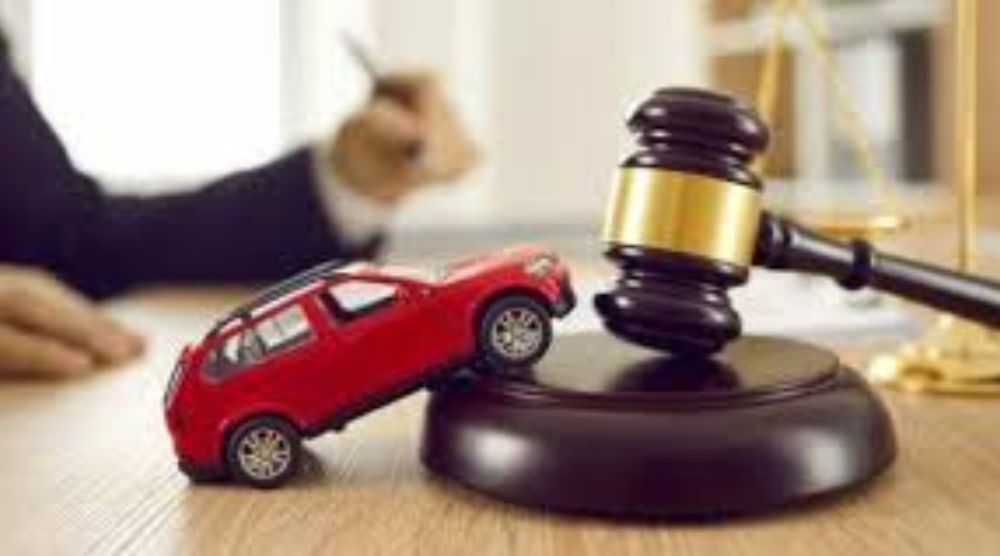
Navigating the aftermath of a car accident can be a daunting experience, especially when it comes to understanding your legal rights and the possibility of compensation. For many business professionals, time is of the essence, and getting straight to the point is crucial. This article aims to demystify the process and criteria that determine eligibility for legal compensation following a car accident, providing a clear guide to what comes next.
Understanding the Basis of Your Claim
The eligibility for legal compensation after a car accident primarily hinges on the concept of negligence. Essentially, if another party’s failure to act with reasonable care resulted in the accident, they may be considered negligent, and thus liable for damages. These damages can cover a wide range of losses, including medical expenses, lost wages, and pain and suffering. However, the crux of the matter is proving that the other party was at fault, which is where the complexity begins. Negligence is not always cut and dried. It requires establishing that the other party had a duty to act safely, breached that duty, and directly caused your injuries and losses. Writing down everything about the accident and what happens after is vital to making a solid case. This means getting a copy of the police report, your medical records, what witnesses say, and any other proof that supports your story.
The Role of Comparative Fault
In some jurisdictions, the concept of comparative fault may come into play. This means that if you are found to be partially at fault for the accident, your compensation may be reduced by the percentage of fault attributed to you. How your state determines blame in accidents matters a lot since it can change how your claim turns out. Speaking with a lawyer can clarify things for you and ensure no one steps on your rights.
Types of Compensation Available
The types of compensation you may be eligible for can vary widely, depending on the specifics of the accident and the extent of your injuries. Generally, compensation can include economic damages such as lost wages and medical bills, as well as non-economic damages like pain and suffering. In rare cases where the other party’s actions were particularly reckless, punitive damages may also be awarded as a way to punish the wrongdoer and deter similar behavior in the future. It’s important to have a clear understanding of the full scope of your losses to ensure that any settlement or award is comprehensive. A detailed assessment by legal and medical professionals can help quantify these damages accurately.
Seeking Legal Advice
Given the complexities involved in car accident cases, seeking advice from a qualified legal professional is advisable. A good lawyer can investigate your case, gather all the needed evidence, and advocate for you against insurance companies or in court. Obtaining a lawyer with extensive experience with car accident cases can help win your claim. When it comes to car accident claims, it’s clear that the path to getting legal compensation has its share of tricky rules and steps. Yet, with the right approach and professional guidance, the path becomes much clearer.
Determining the eligibility of your car accident case for legal compensation involves understanding the principles of negligence, the impact of comparative fault, and the types of damages you may be entitled to. This process may be too much, especially when you’re already swamped. But remember, you don’t have to tackle it by yourself. With a skilled lawyer by your side, you can handle your case with confidence. Understanding your rights and talking to someone who knows the ropes can make things turn out well. Then, you can put your energy into healing and finding some peace.







